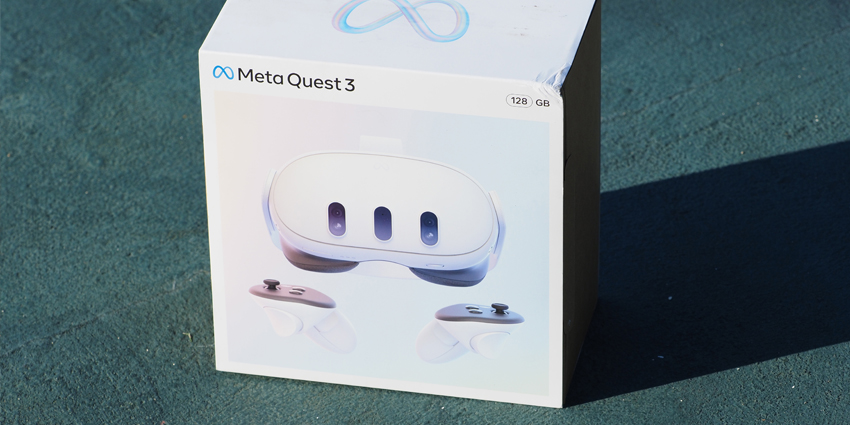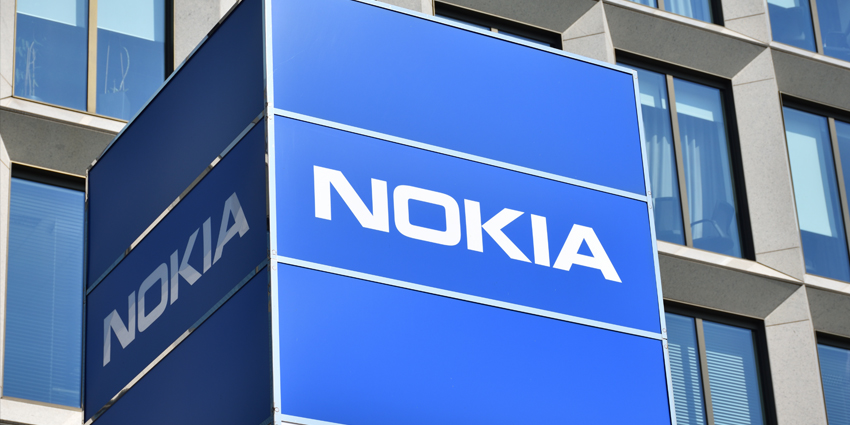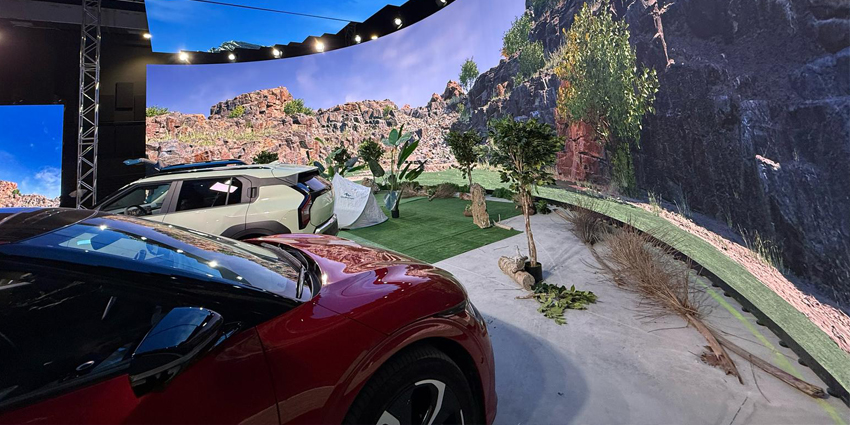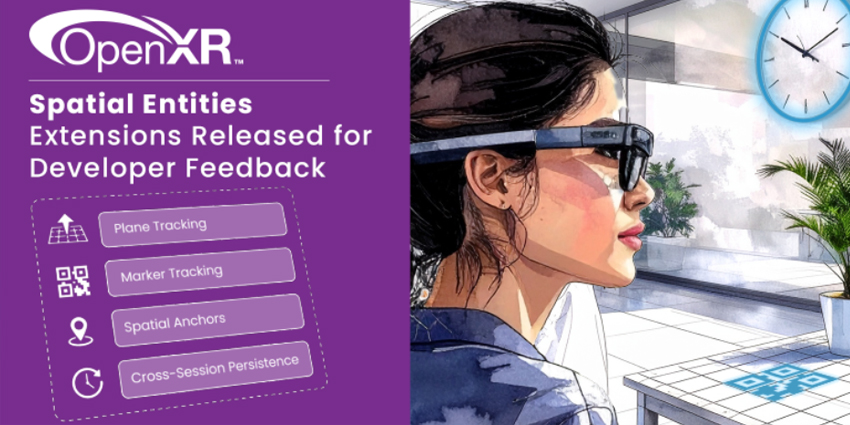This week, Meta Quest version 64 is rolling out to headsets, bringing notable improvements to Quest 3’s passthrough features crucial to the device’s AR/MR abilities-and improving the device’s microphone and user experience.
The passthrough improvements allow Quest 3 users to experience better graphics, colour, exposure, contrast, and dynamic range. Therefore, Quest 3 v64 enhances the manner immersive assets exist alongside real-world environments through passthrough performance improvements enhancing user spatial awareness.
Moreover, the passthrough improvement allows Quest 3 operators to quickly see more minor details of their real-world surroundings, such as a phone notification. Improving understanding and visibility of a user’s environment is an emerging concern, especially in enterprise or industrial environments where situational awareness is paramount to worker safety and success.
Moreover, under the Quest’s Experimental Settings tab, v64 users can use external microphones, allowing users to connect USB-C-compatible external microphones for enhanced audio compared to the device’s built-in microphone.
Other v64 updates include an improved user experience while a user is lying down and a continuous casting feature that allows a headset to continue to stream AR/VR/MR content when a user removes their headset instead of cancelling an application’s operation.
Meta Quest 3 Gains Vision Pro-Style Features
The Meta Quest 3 storefront now contains the Layout application and user interface system that mirrors the Vision Pro framework. Meta was initially touted to release the service alongside the device’s v60 update. However, Meta quietly debuted it on the store – most recently, updating the service on March 31st – audiences should expect the official and fully optimized to drop soon.
Meta Layout seems to adopt Apple’s approach to spatial computing interaction by mimicking the device’s immersive pop-ups surrounding a user on the Vision Pro.
The Vision Pro aims to enhance the functionality of traditional 2D desktop screens by transforming desktop icons into interactable AR applications, which users can launch as immersive pop-ups alongside their real-world environment.
Layout, an application updated following the Quest 3’s spatial anchoring and AR asset interaction improvements earlier this year, leverages the device’s most recent update to allow users to place and interact with AR/MR assets as they please.
Furthermore, Quest 3 users can scan their environment and objects with Layout to accurately place AR/MR assets that can react to the real world. The service gives users tools to measure an object’s length and height, allowing AR/MR assets to exist realistically alongside immersive visuals.
Now, with v64 Layout and passthrough improvements, it may work hand in hand to create an overall optimised user experience.
Meta Scales back Horizon and Oculus Data
Meta has recently made changes to its Horizon Workrooms application. The company has removed some features, such as interactive whiteboards, custom posters, logos and environments/layouts, chat files/links, and tracked keyboards. This move may be an attempt to simplify the service and integrate Layout features into its business-facing solutions. The company has also deleted all user data related to these features.
In addition, Meta deleted all Oculus user data on March 28th. Quest users will no longer be able to use their Meta Quest alongside a pre-existing Oculus account. If an Oculus account is deleted, users cannot reactivate or retrieve anything from the account. However, Oculus account users can migrate their data via Meta’s website.
Meta has also teased a new AR device that combines AR and AI more sophisticatedly. The company has highlighted that new smart glasses are incoming. The report noted that AR glasses won’t be the end of mixed-reality headsets, and we’ll see a constellation of devices forming the future of XR. LG is a partner helping the firm design potential AI-immersive smart glasses. Meta is committed to continuing to build out in the open with partners.
With new products and optimised features in the works, Meta may ramp up its systems to take on the growing immersive industry with a paradigm-shifting approach.







